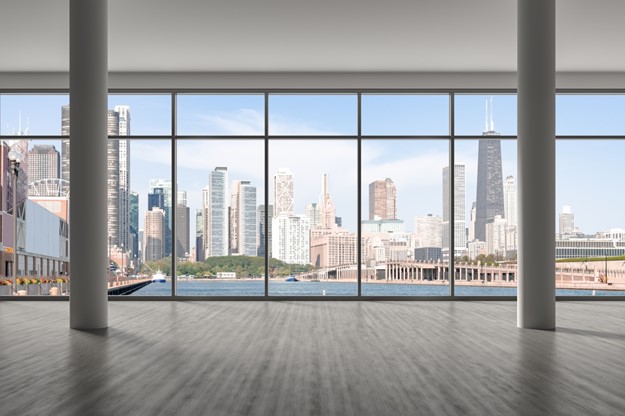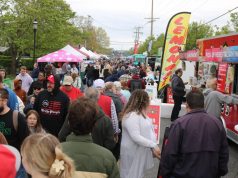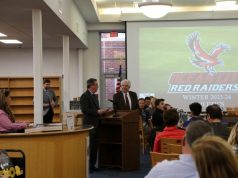In the wake of the COVID-19 pandemic, remote work has not just been a temporary arrangement, but a paradigm shift in the professional landscape. This transformation is significantly impacting urban residential markets across the globe, with Chicago being a prime example. The city’s housing market is undergoing a profound transformation driven by the new work-from-home culture. Renowned real estate expert Leigh Marcus of Chicago, with his extensive experience in tech sales and personal passion for real estate, offers unique insights into this transformation. Having transitioned from tech sales at prestigious companies like IBM, CDW, and EMC to real estate, Leigh understands the new dynamics of Chicago’s housing market in the work-from-home era.
1. Evolution of Housing Preferences
The shift to remote work has led to a reevaluation of what residents in Chicago want out of their homes. Leigh Marcus of Chicago notes a surge in demand for homes that incorporate dedicated work areas. Homebuyers and renters are now prioritizing houses and apartments that offer extra rooms or flexible spaces that can be transformed into home offices. This trend extends beyond mere space; there’s a heightened demand for properties equipped with high-speed internet and smart home technology, making them conducive for remote working. Furthermore, the market is seeing a preference for larger living spaces. With more time spent at home, residents are seeking properties with more room for leisure, workout areas, and outdoor spaces. As a result, property values are adjusting, with homes that offer these amenities commanding higher prices.
2. Shift in Location Preferences
The need for proximity to office locations in downtown Chicago has diminished with the rise of remote work. This change is leading to a shift in location preferences among city dwellers. Many are moving away from cramped city apartments to more spacious homes in the suburbs or even rural areas. These areas offer not only a larger living space, but also a quieter environment and a potentially higher quality of life. Leigh Marcus points out how this migration is rebalancing property demand across the entire Chicago area. While downtown properties and high-rise apartments were once highly coveted, there’s now an increasing interest in suburban homes. Neighborhoods that were previously overlooked are now becoming more desirable, potentially leading to a rise in property values in these areas. This trend may also impact the rental market, with downtown apartments seeing a decrease in demand.
3. Future Trends in Residential Design
Anticipating the long-term nature of remote work, architects and developers in Chicago are reimagining residential design. Leigh Marcus understands that future homes are likely to feature more versatile spaces that can easily transition between living and working environments. This could mean more adaptable room layouts, enhanced soundproofing for privacy, and increased natural lighting to create a more pleasant work environment. Outdoor spaces are also becoming a key element in residential design. Balconies, terraces, and gardens are no longer just leisure spaces, now being seen as extensions of the living area that should be suitable for work and relaxation. Additionally, wellness and health are becoming central to home design, with an emphasis on in-house gyms, meditation spaces, and access to green areas.
4. Economic Implications
The evolution of housing preferences has significant economic implications. Homes with remote work-friendly features are seeing an increase in market value, and while demand is shifting towards suburbs and less dense neighborhoods, there’s potential for increased real estate investment in these areas. This shift might also influence infrastructure development, with a focus on enhancing connectivity and amenities in suburban regions.
5. Sustainability and Community Dynamics
This shift is also promoting sustainable living trends. Leigh Marcus of Chicago notes that reduced commute times mean less traffic and pollution, contributing to a greener environment. Moreover, the changing dynamics might lead to a stronger sense of community in residential areas, as people begin to spend more time in their local neighborhoods, benefiting local businesses and services.
The impact of remote work on Chicago’s residential market is significant and ongoing. Leigh Marcus, with his unique blend of tech and real estate expertise, highlights how it is reshaping housing preferences, location choices, and design, leading to a more adaptable and diverse urban landscape. As remote work becomes more entrenched, these trends are likely to deepen, shaping the future of living in Chicago.








